You will need:
- One clear re-sealable plastic bag
- Paper or cotton balls
- Compost soil mixture from a nursery or supermarket*
- One packet of bean seeds
- Water
*Compost and potting mix can contain the bacterium that causes Legionnaires’ disease.*Wash hands and take precautions to avoid breathing potting mix dust. For more information see this NSW Health Article
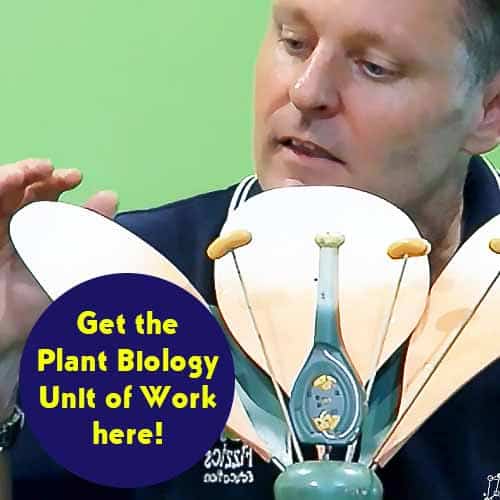
Get the Unit of Work on Plant Biology here!
- Learn about the parts of a flower
- Discover how vascular tissue transports water & sugars around the plant
- Learn about plant pigments and adaptations to the environment
- From photosynthesis to transpiration & more, there’s a heap covered!
Includes cross-curricular teaching ideas, student quizzes, a sample marking rubric, scope & sequences & more
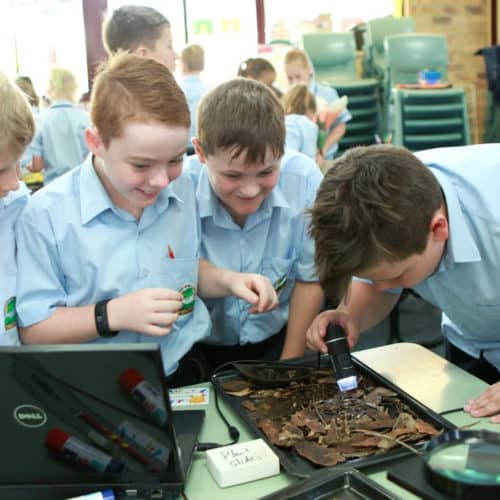
School science visits since 2004!
– Curriculum-linked & award-winning incursions.
– Over 40 primary & high school programs to choose from.
– Designed by experienced educators.
– Over 2 million students reached.
– Face to face incursions & online programs available.
– Early learning centre visits too!
Why Does This Happen?
Find out for yourself!
Growing your own beans in a PET bottle can be a lot of fun, but you can also use these beans to investigate factors that affect plant growth. Try setting up different bottles and changing one thing to see the effect (eg. the amount of water or light they get or adding salt to the soil). Changing one variable and seeing the result is part of the scientific method and we strongly encourage it!
Variables to test
- Try adding equal amounts of salt, sugar, baking soda, citric acid or jelly crystals in replicants of your experiment. Does this make a difference in germination rates?
- Use different amounts of water on each test to see the effect of watering on germination.
- Use light vs dark areas.
- What happens if you turn a bag upside-down during the growth process?
From basic ecology and digital microscopy to plants for life, we’ve got your living things unit covered!
Get in touch with FizzicsEd to find out how we can work with your class.
Plants for Life
Years K to 6
Maximum 30 students
Workshop (NSW & VIC)
60 or 90 minutes
Online Class Available
STEM Full Day Accelerator - Primary
Designed from real classroom experiences, this modular day helps you create consistently effective science learning that directly address the new curriculum with easily accessible and cost-effective materials.
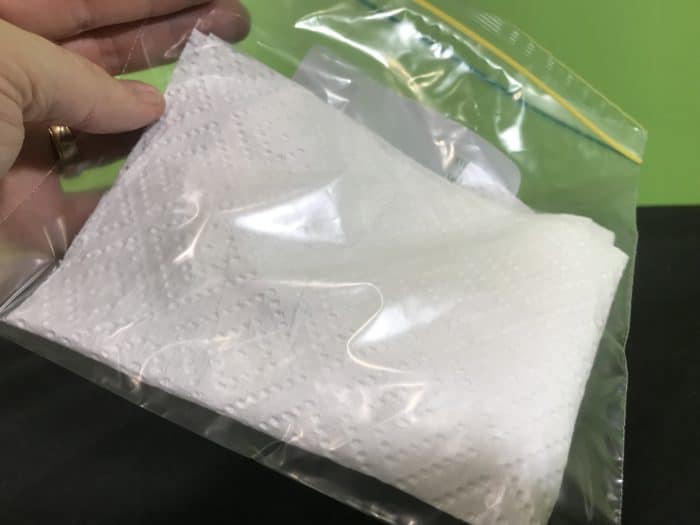
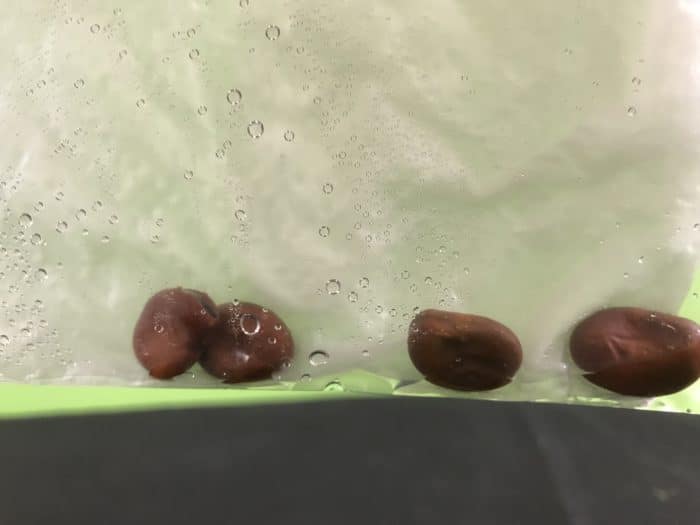
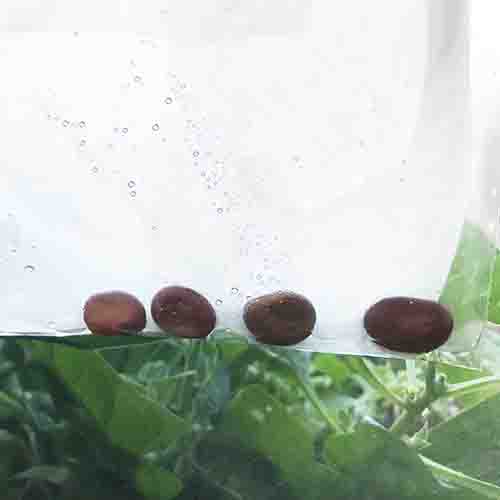
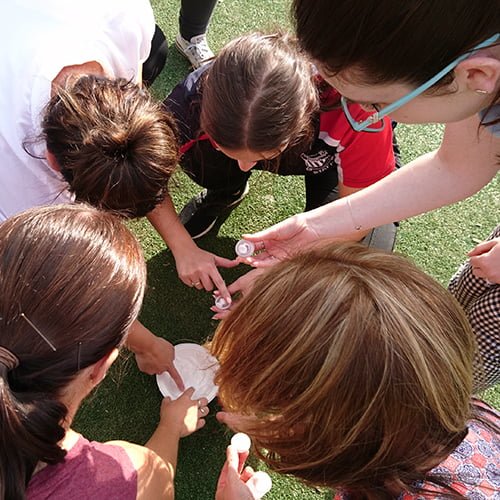

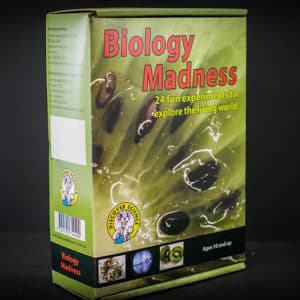
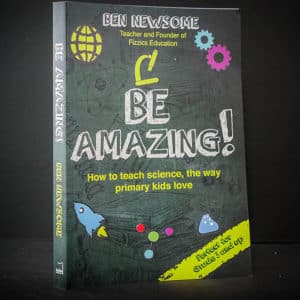























Comments